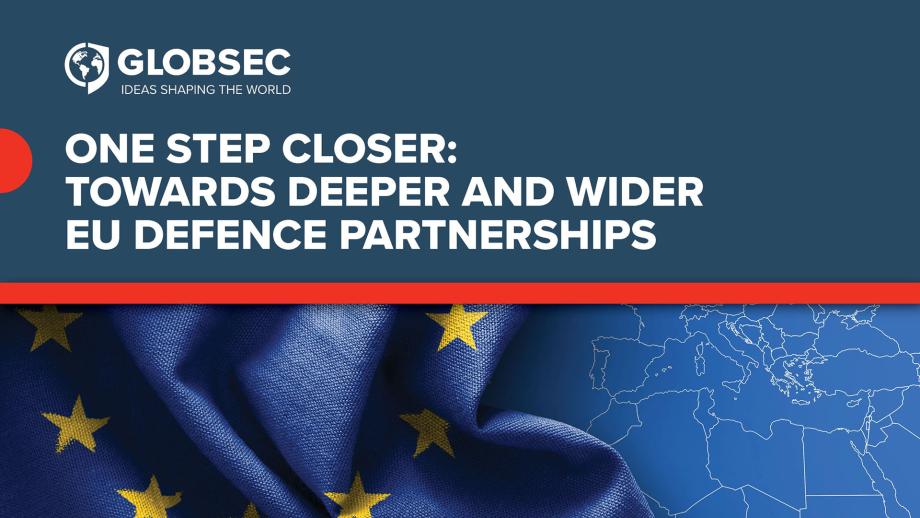One Step Closer: Towards Deeper and Wider EU Defence Partnerships

Undergirded by a confluence of internal and external factors, European defence cooperation has progressed considerably since 2014. The EU has indeed proven itself to be more active and agile in leveraging a coherent set of tools to streamline collaboration. The closest partners of the EU, including Norway, the UK and the US, generally support this expansion of European competencies in security and defence. These countries and the EU, in fact, share similar views on pertinent topics of the day. It is important, nonetheless, for EU partners to ensure that the developments pose no negative repercussions for their own defence and security relations with the bloc. Exclusion of third parties could, in fact, be detrimental to all, resulting in suboptimal outcomes.
This report marks the final publication prepared for the project “Enhanced European Opportunity Partners in the EU’s Defence and Security Initiatives: Study case of Norway”, funded by the Royal Norwegian Ministry of Defence.
The findings of this report are based on desk research, discussions with key stakeholders during four closed-door roundtables and 35 expert interviews (face to face, online calls and written exchanges) conducted between March 2020 – January 2021. The interviews shed light on attitudes within different 20 European countries as such: Austria, Belgium, Bulgaria, the Czech Republic, Estonia, Finland, France, Germany, Greece, Hungary, Ireland, Italy, the Netherlands, Poland, Romania, Slovakia, Spain, Sweden, Switzerland, the UK and EU-affiliated institutions.
Editor:
Tomáš A. Nagy, Advisor to the State Secretary at Ministry of Defence of the Slovak Republic
Authors:
Amb. Stefano Stefanini, former Diplomatic Advisor to the President of Italy (2007-2010), former Permanent Representative of Italy to NATO.
Tomáš A. Nagy, Advisor to the State Secretary at Ministry of Defence of the Slovak Republic
Mathilde T.E. Giske, Junior Research Fellow, the Norwegian Institute of International Affairs (NUPI)
Contributors:
Kinga Brudzinska, Policy Director, Future of Europe Programme, GLOBSEC Policy Institute
Lucia Rybnikárová, Project Coordinator, GLOBSEC Policy Institute
Read the final report here

